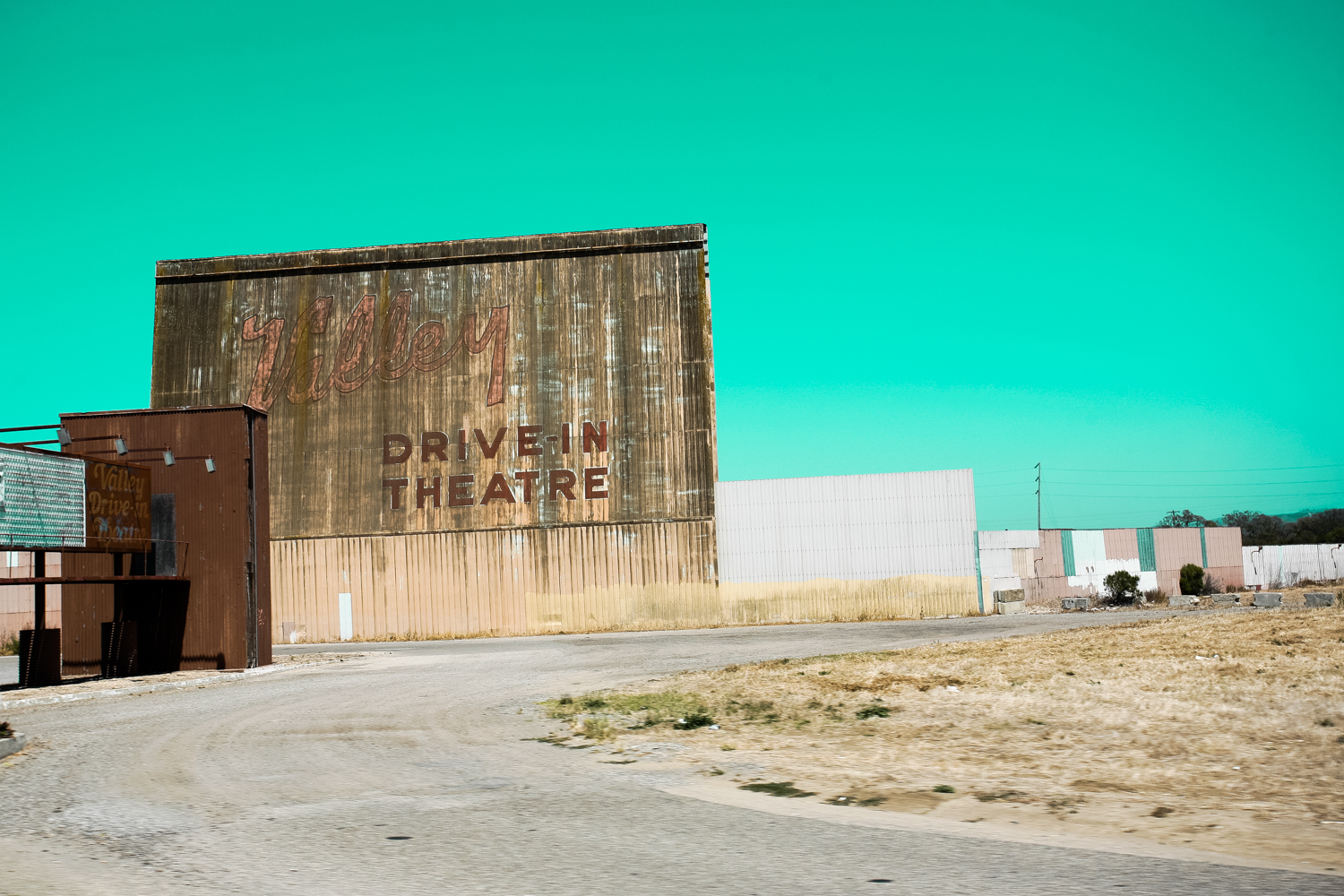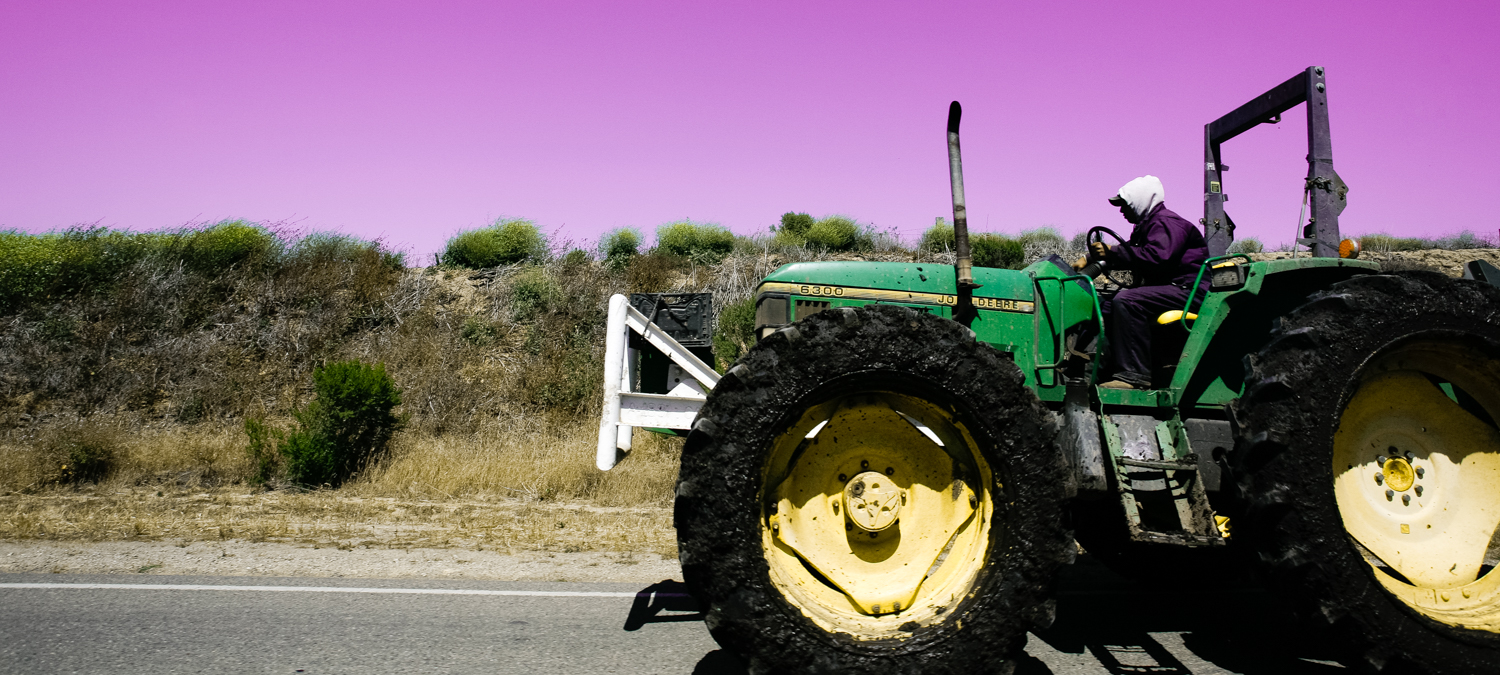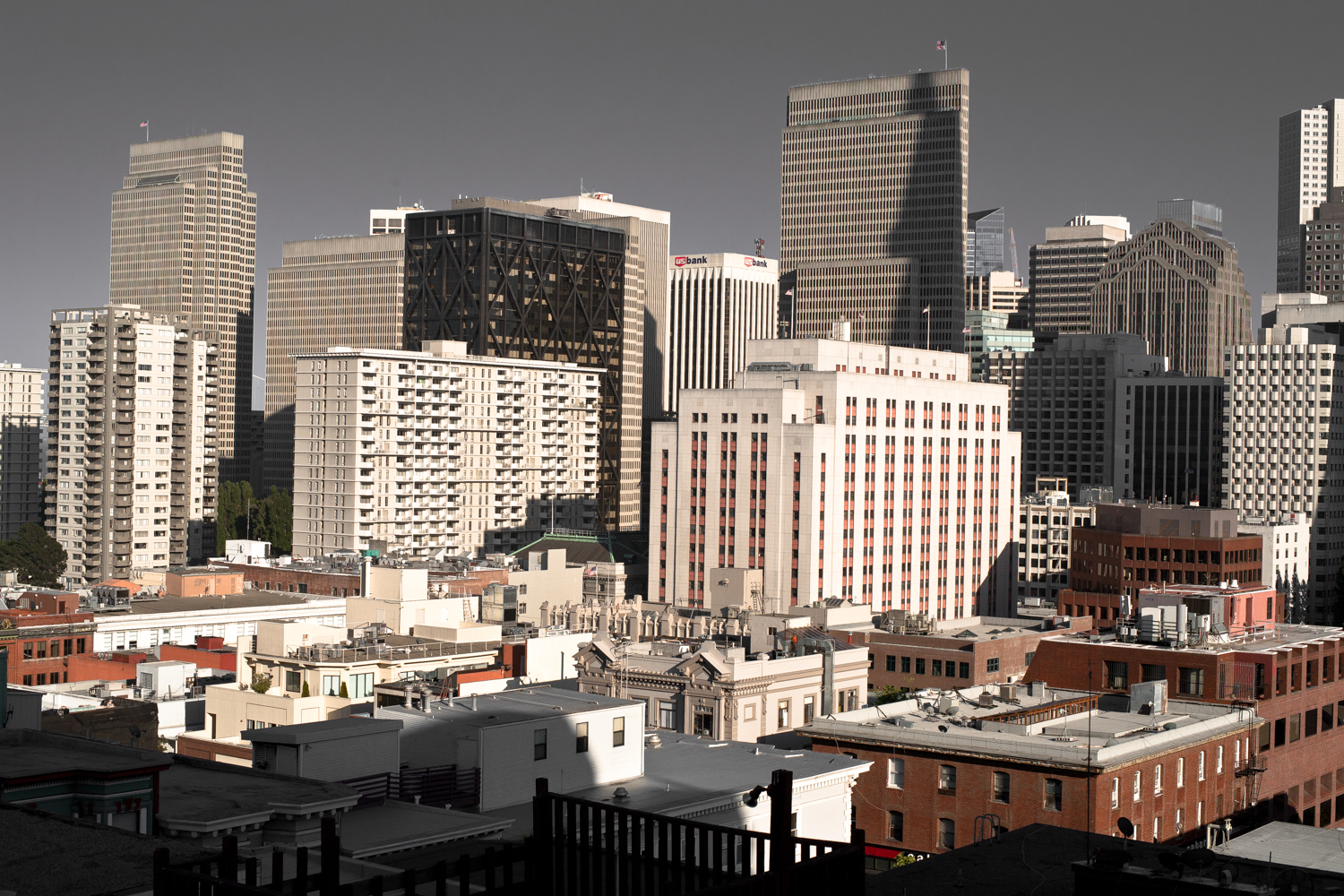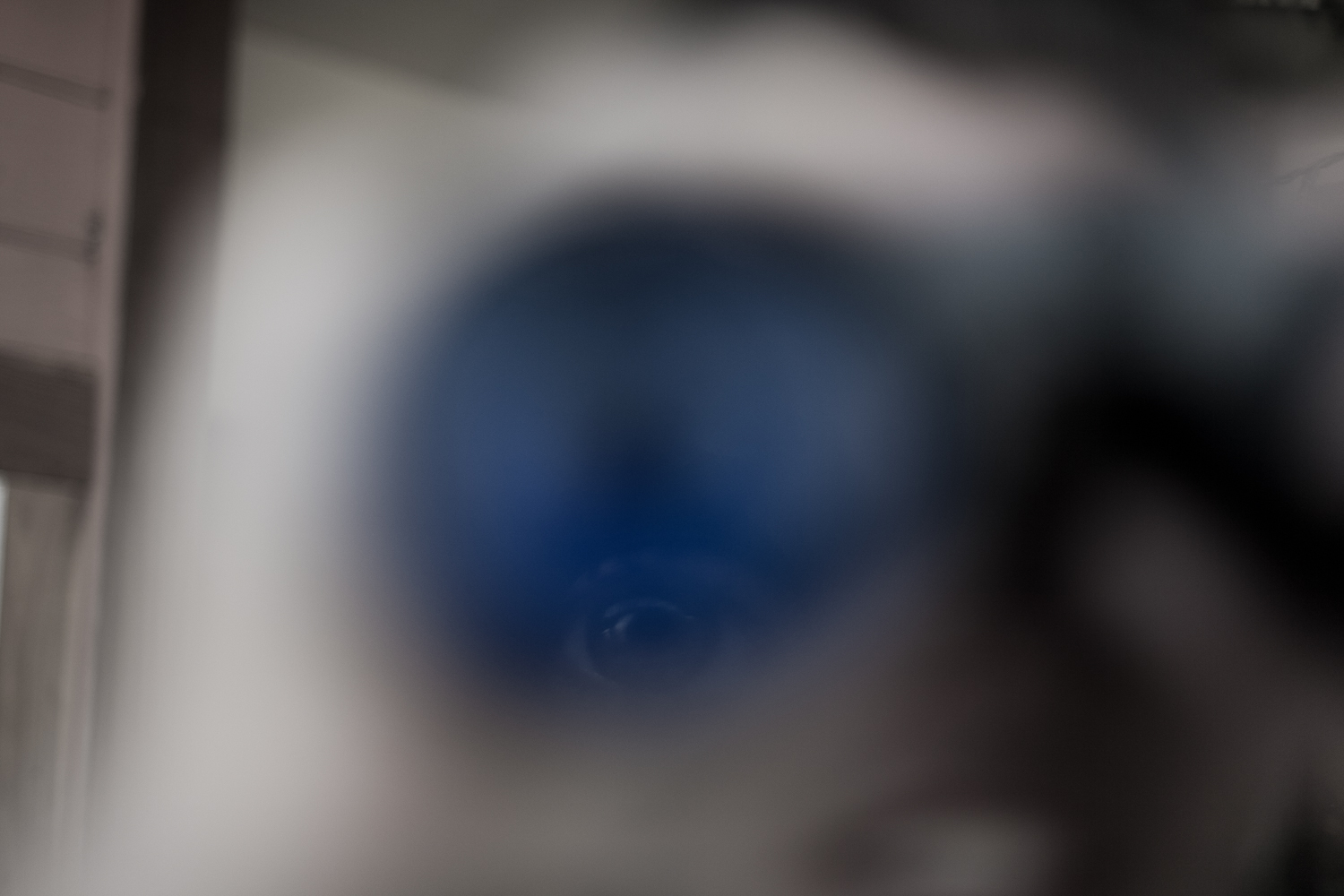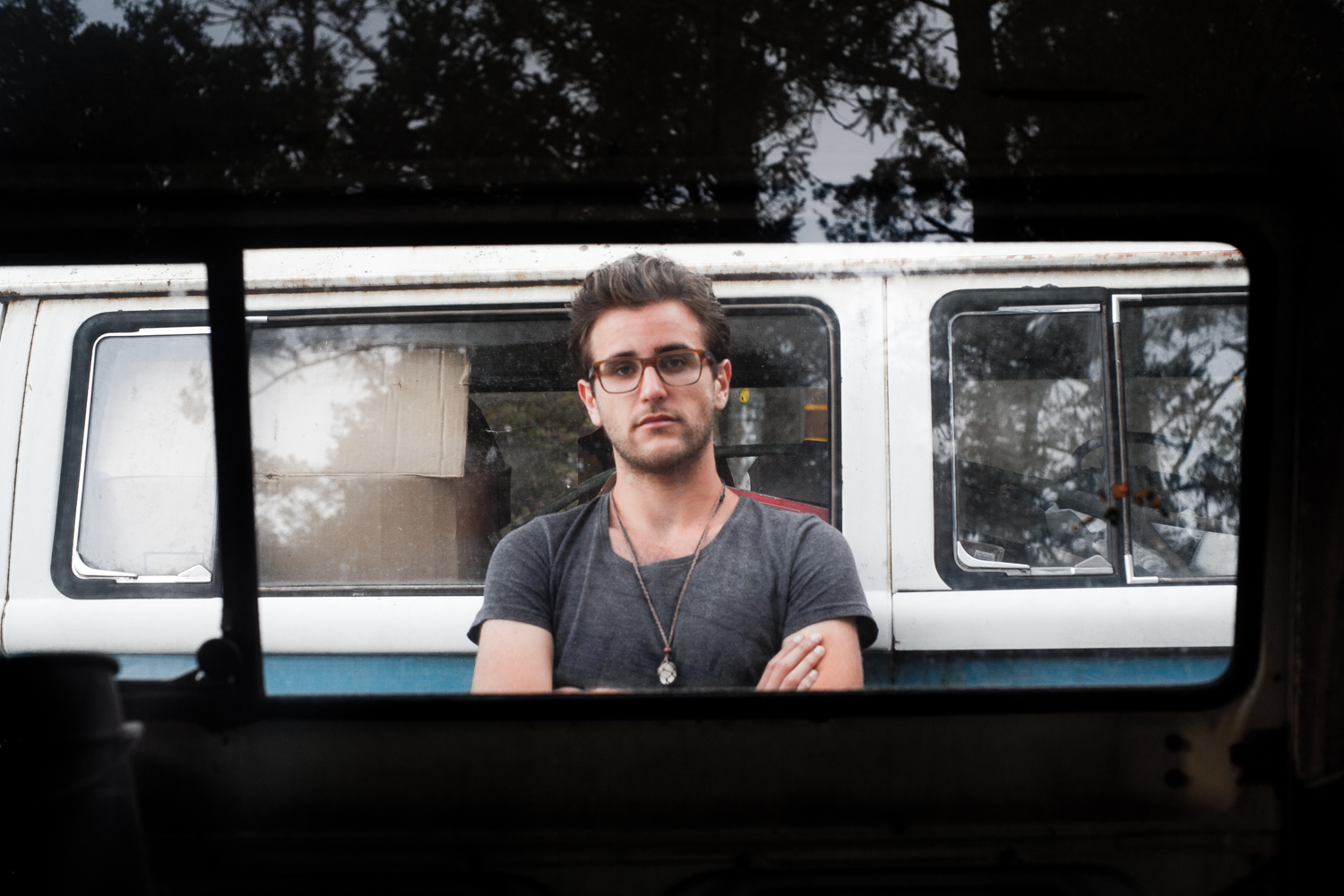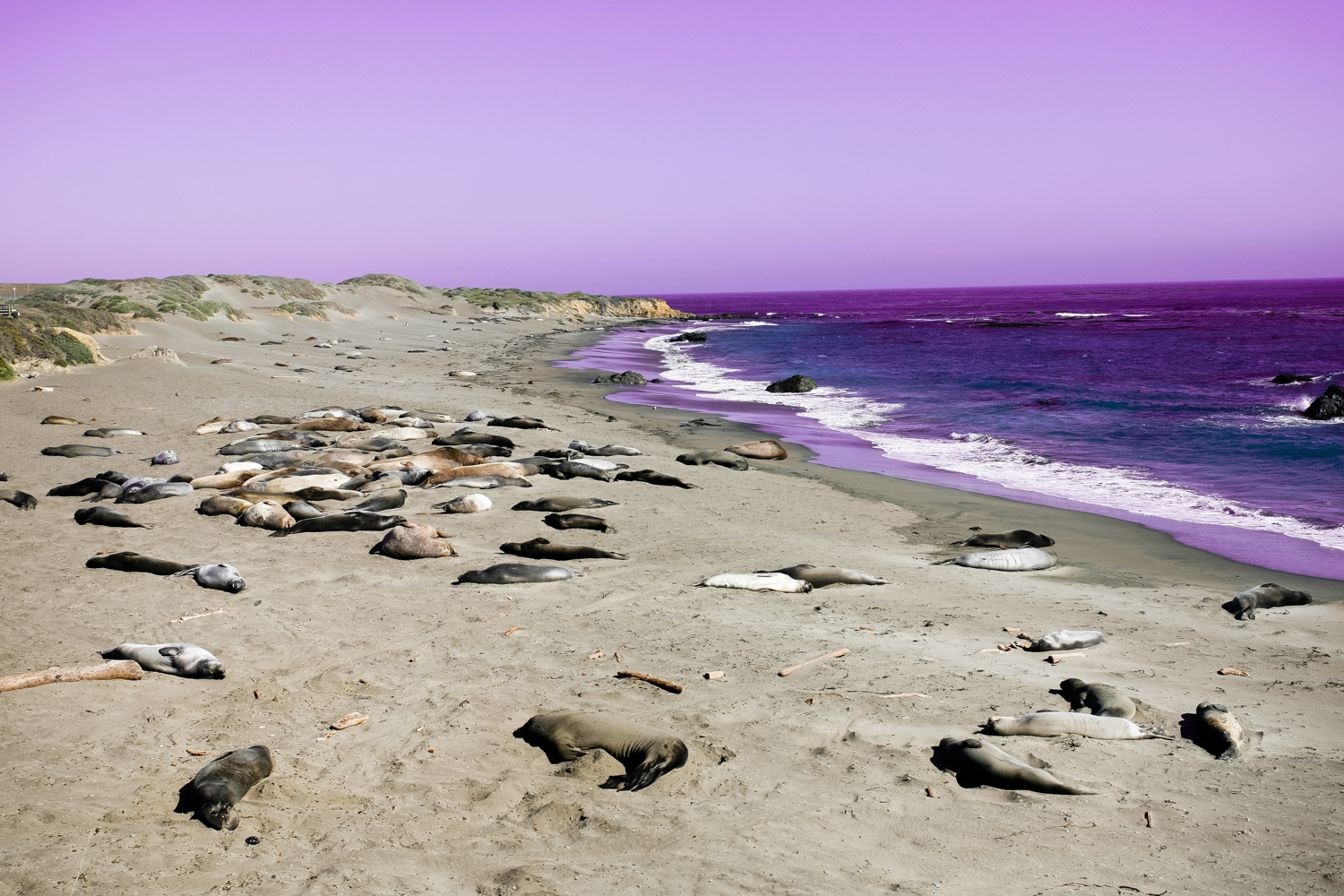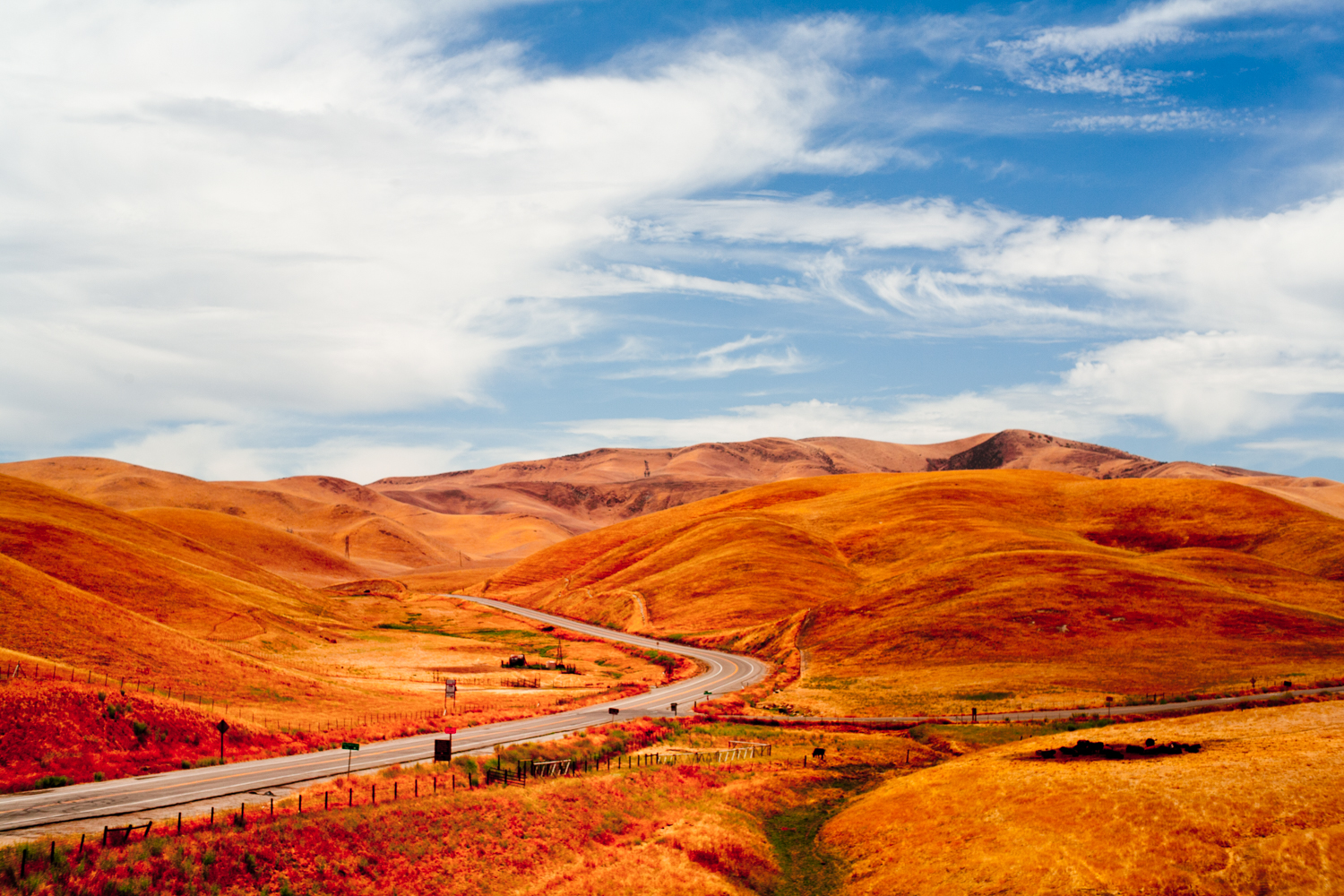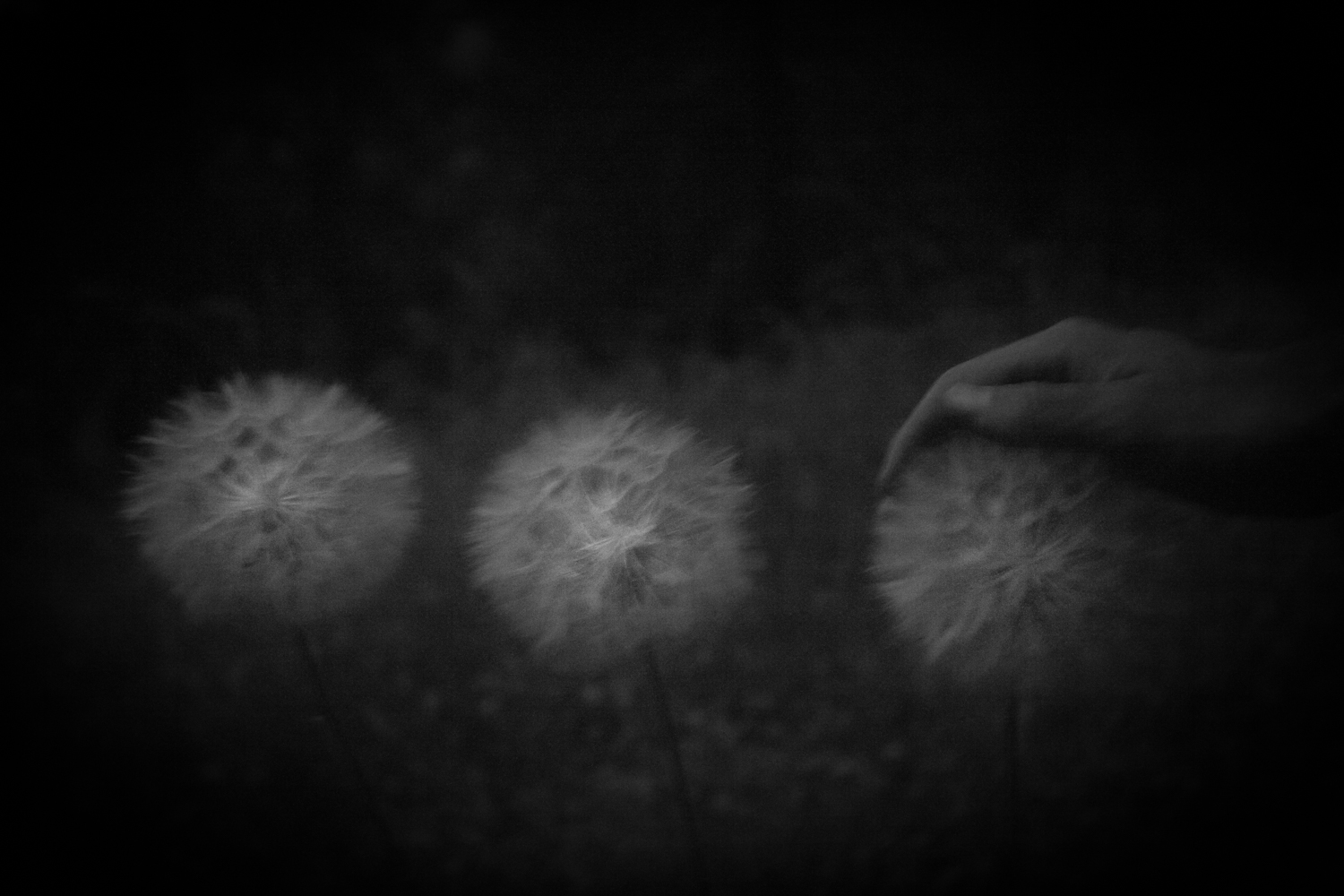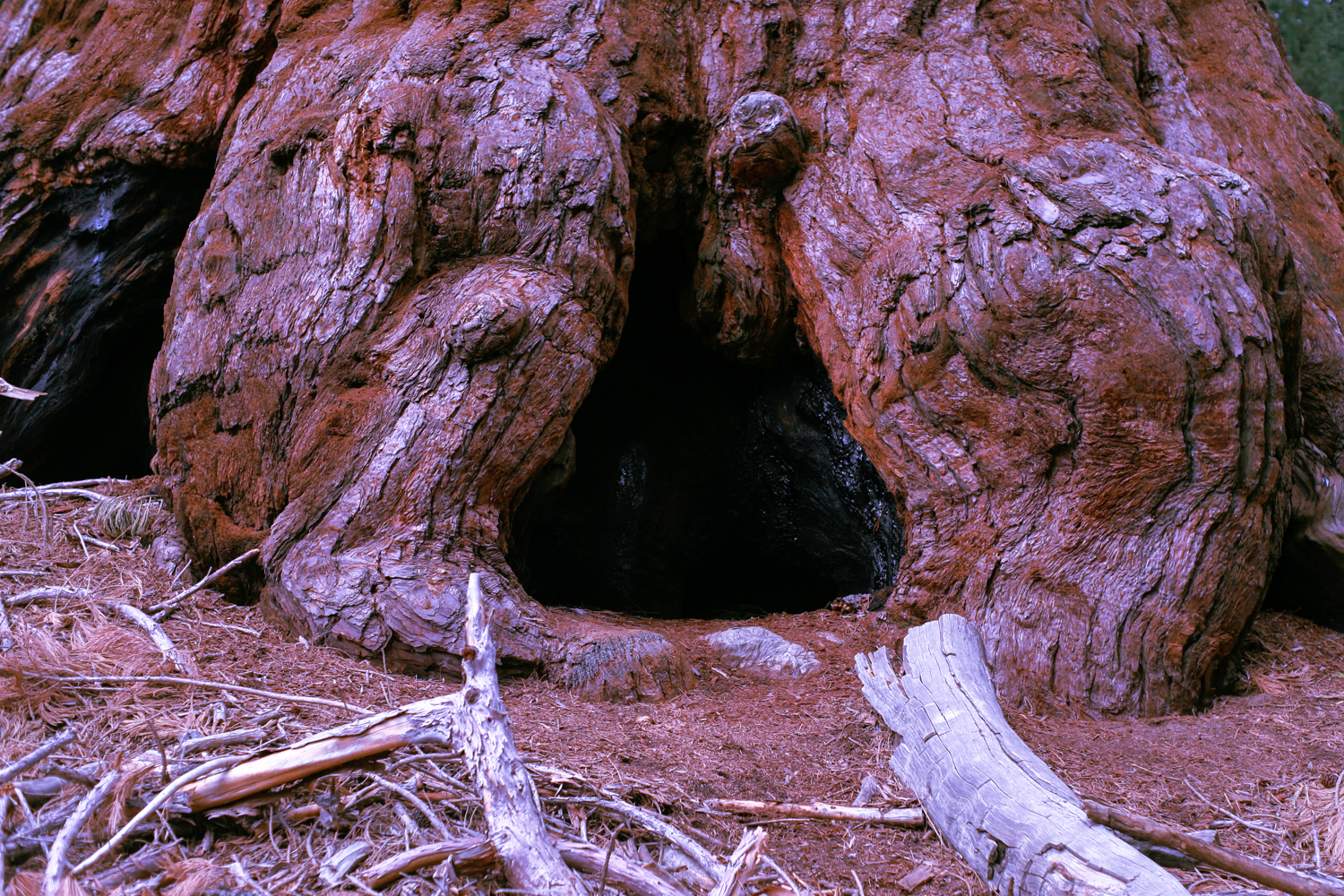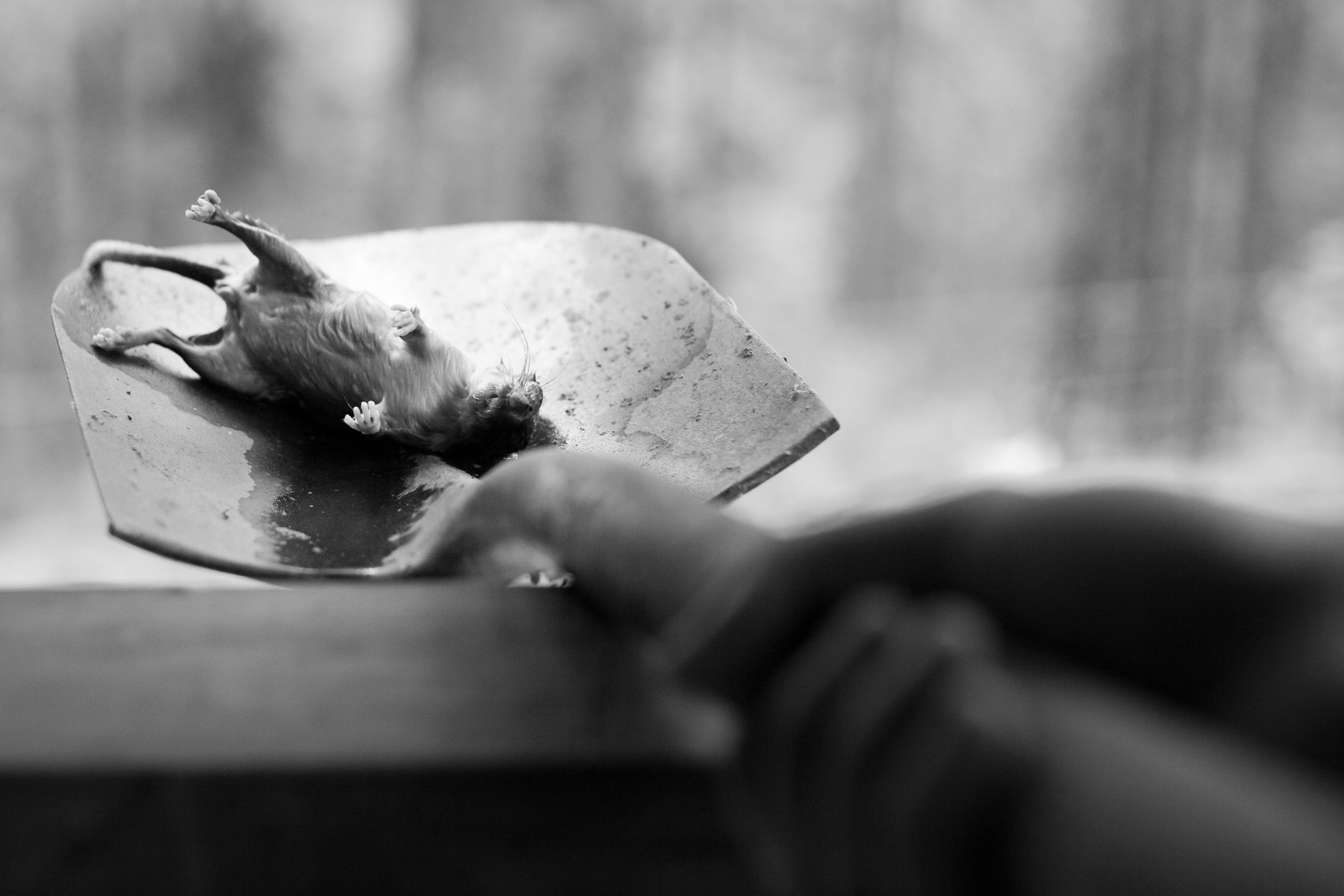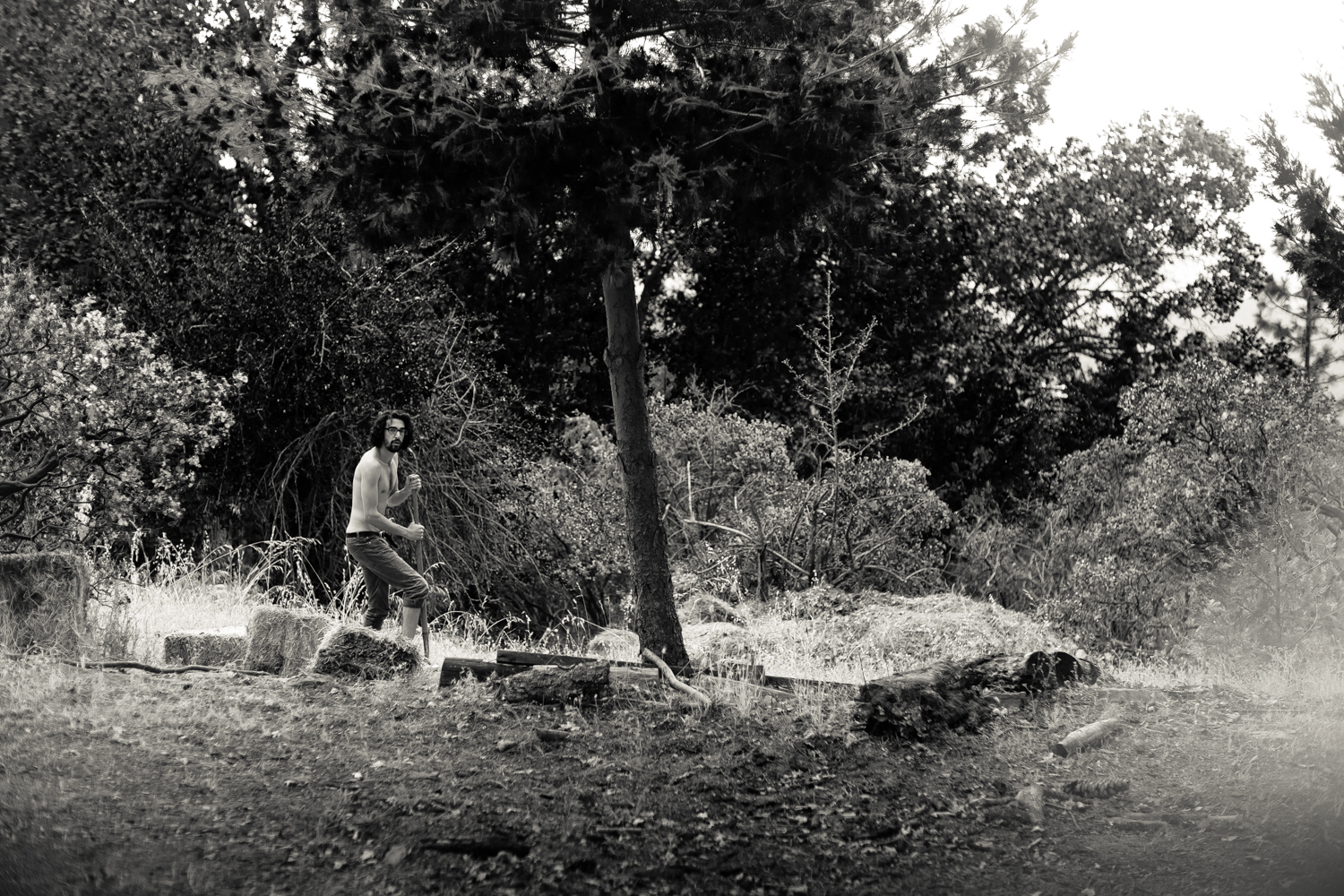"We shall be questioning concerning technology, and in doing so, we shall like to prepare a free relationship to it. The relationship will be free if it opens our human existence up to the essence of technology. When we can respond to this essence, we shall be able to experience the technological within its own bounds."
--Martin Heidegger, "The Question Concerning Technology." (1977).
“I had to keep a look-out for the signs of dead wood we could cut up in the night for next day’s steaming. When you have to attend to things of that sort, to the mere incidents of the surface, the reality—the reality I tell you—fades."
--Joseph Conrad, Heart of Darkness
In January, 2015, Governor of California, Jerry Brown, declared a State of Emergency in response to the fourth year of the State entering a record-breaking drought. In August, I drove from Los Angeles to the Kings Canyon National Park in Northern California, witnessing first hand the devastation of the drought.
The conifers in the Kings National Park and surrounding area are dying at unprecedented rates due to a lack of water, trees are unable to produce enough sap to ward off parasites.
This photography series, composed of images from my trip, questions technology, and in doing so, bears upon the question of human freedom. What does technology have to do with freedom?
Technology is not merely the tools of our culture but also the system itself that comports us to view the things as utilitarian objects. Under the spell of technology, we become less free to view the world in all its reality. When did dead wood becomes fire wood, reality fades. Alienated from reality, ergo, we become alienated from ourselves.
In believing that we can take nature to task, as we commonly convey through expressions such as to “conquer," "discover" and “cultivate” nature, we reveal that we a trapped under the spell of technological thinking. Morever, since a relationship to nature requires separation from it, we need to disabuse ourselves of the idea that we are capable of having a relationship with nature, which closes us off to nature by indicating that we are one thing and nature is another, bringing us closer to the great danger. We are nature seeking to have a relationship with technology, not vise versa.
Enframing is the danger that Martin Heidegger describes in his essay, The Question Concerning Technology. Enframing denotes a comportment to nature, conceiving nature as if it were utilitarian system. Rivers become mere "standing reserve" for power mills; we become despondent to the full breadth of the ontological possibility of things. But the greatest danger, as Heidegger puts it, is that people themselves become standing reserve. With talk of "data mining," "active consumer trends" and "affective component of attitudes" (the marketing term for an emotional response attached to an attitude), it is already palpably evident that we are going in this direction: things no longer stand over us as things in themselves as their meanings become narrowly defined through the rubric of function and utility.
But there is a way out!
Because the essence of technology is nothing technological, essential reflection upon technology and decisive confrontation with it must happen in a realm that is, on the one hand, akin to the essence of technology and, on the other, fundamentally different from it. Such a realm is art. -- Martin Heidegger, "The Question Concerning Technology." (1977).
In this photo series, to address the great danger, I chose to use color filters to render the ruinous aura of California, at the height of summer during its biggest water shortage on record in order, to invoke feeling of the unnaturalness of the division between "us" and the "natural world" (a phenomenon particularly at force in the West) is a big part of the problem, and, additionally, to serve as a reminder that more than commentary is needed to address the deleterious effects of global warming on the individual and industry, which not only threaten our planet, but our very humanness.
